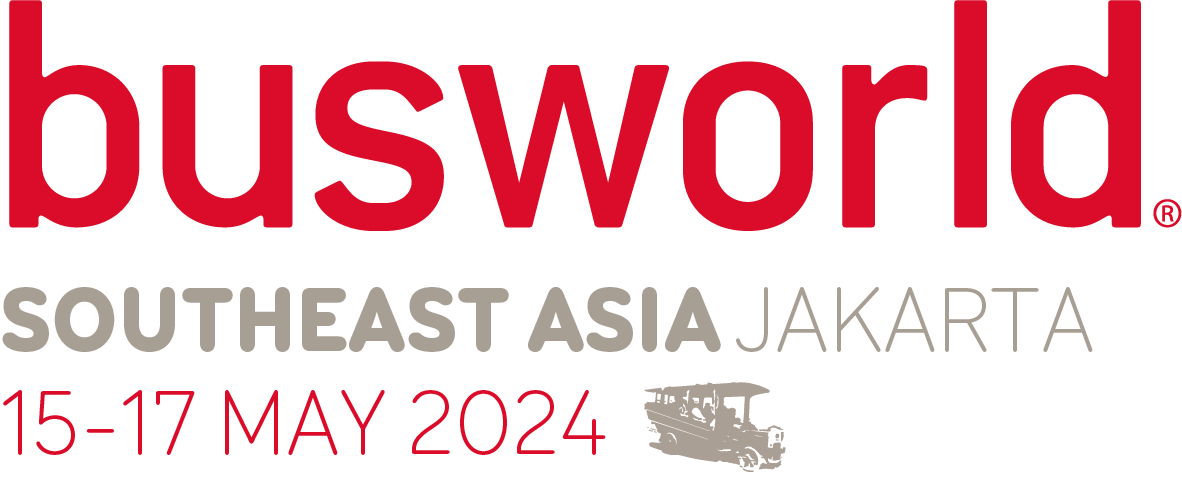The World Bank’s Board of Executive Directors has approved the Indonesia Mass Transit (MASTRAN) Project and will support it with US$224 million. The project is set up to improve urban mobility and accessibility in key cities while strengthening the country’s institutional capacity for mass transit development. In addition the project will receive financial support from the Indonesian government, Agence française de développement (AFD), and the private sector, bringing the total financing to US$364 million.
The project, which is aimed at improving transportation efficiency for Indonesia’s fast-growing urban populations and provide public transportation alternatives to cars and motorbikes, will finance development of bus rapid transit (BRT) systems in the metropolitan areas of Medan, North Sumatra, and Bandung, West Java. By upgrading the quality of public transportation, the project will offer alternatives to motorcycles and cars and rein in pollution and congestion. During the upcoming Busworld SouthEast Asia in Jakarta (Indonesia) from 5-7 October, further details will be given in the different conferences.
According to Budi Karya Sumadi, Minister of Transport of the Republic of Indonesia, “The active participation and cooperation of the local government will create an environmentally friendly urban mass transportation system by lowering the usage of private vehicles in order to promote community mobility and access to new possibilities that are in accordance with the National Medium-Term Development Plan’s goals via the implementation of MASTRAN project". The metropolitan areas of Medan and Bandung were selected as pilot cities under the project based on readiness and
viability. Greater Bandung is the third largest urban agglomeration in Indonesia and Bandung City was ranked as the second most congested of 38 Indonesian cities in a recent World Bank study. The Mebidang area, which covers Medan, the capital of North Sumatra Province, the city of Binjai, and the district of Deli Serdang, is the largest metropolitan area outside of Java, and the fourth largest metropolitan area in the country. It ranked third most congested among Indonesian cities in the World Bank study. "Almost 60 percent of Indonesia's GDP comes from urban areas, so mobility in cities is crucial to ensuring economic competitiveness," said Satu Kahkonen, Country Director for World Bank in Indonesia and Timor-Leste.
The success of the project will be evaluated based on reduced travel times for users of public transportation, increased numbers of riders, greater satisfaction regarding safety and security, and a higher percentage of women employed in BRT system operations. The project is also intended to support the establishment of national and sub-national agencies that are able to plan, develop, and manage mass transit systems in Indonesia.
